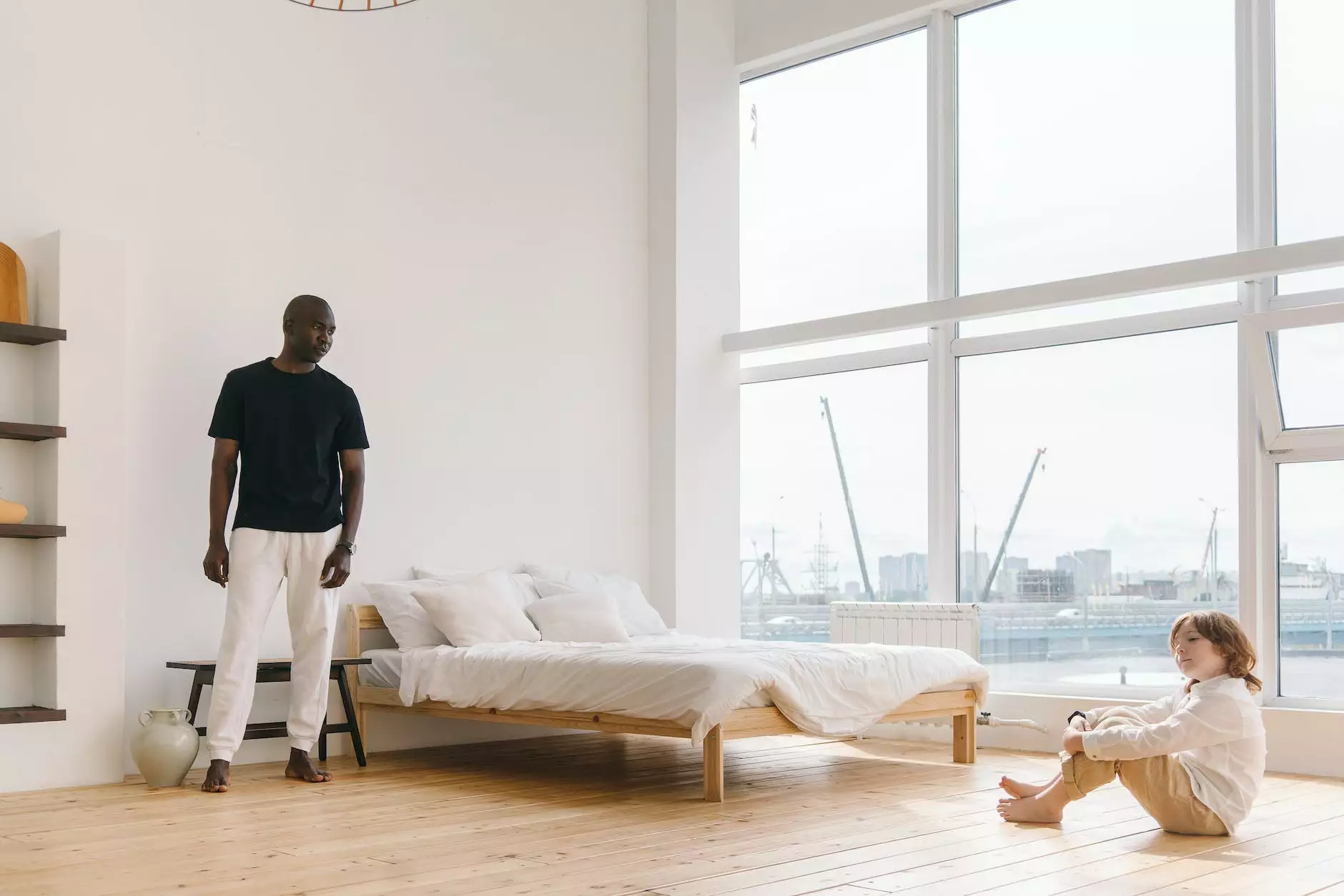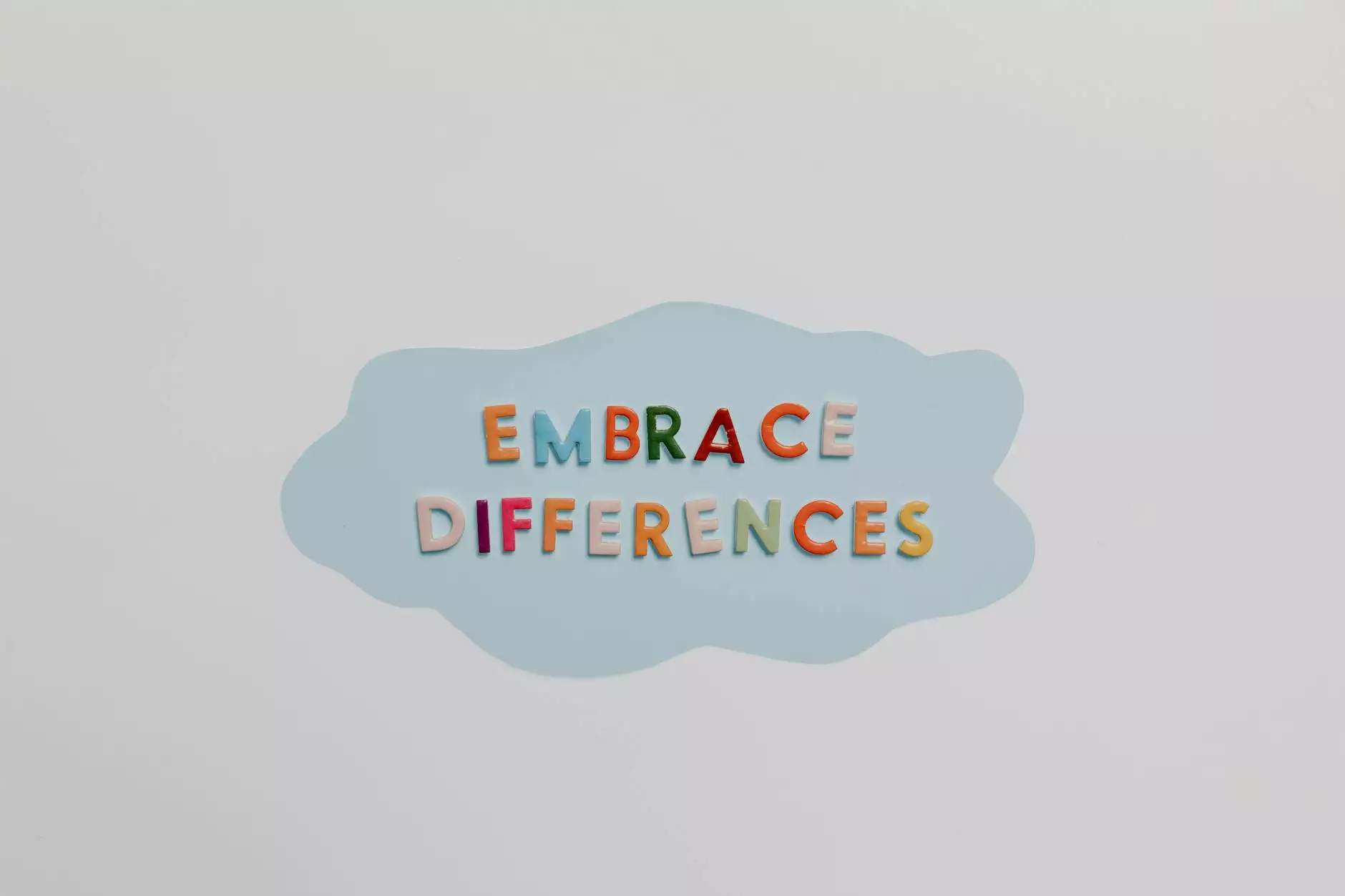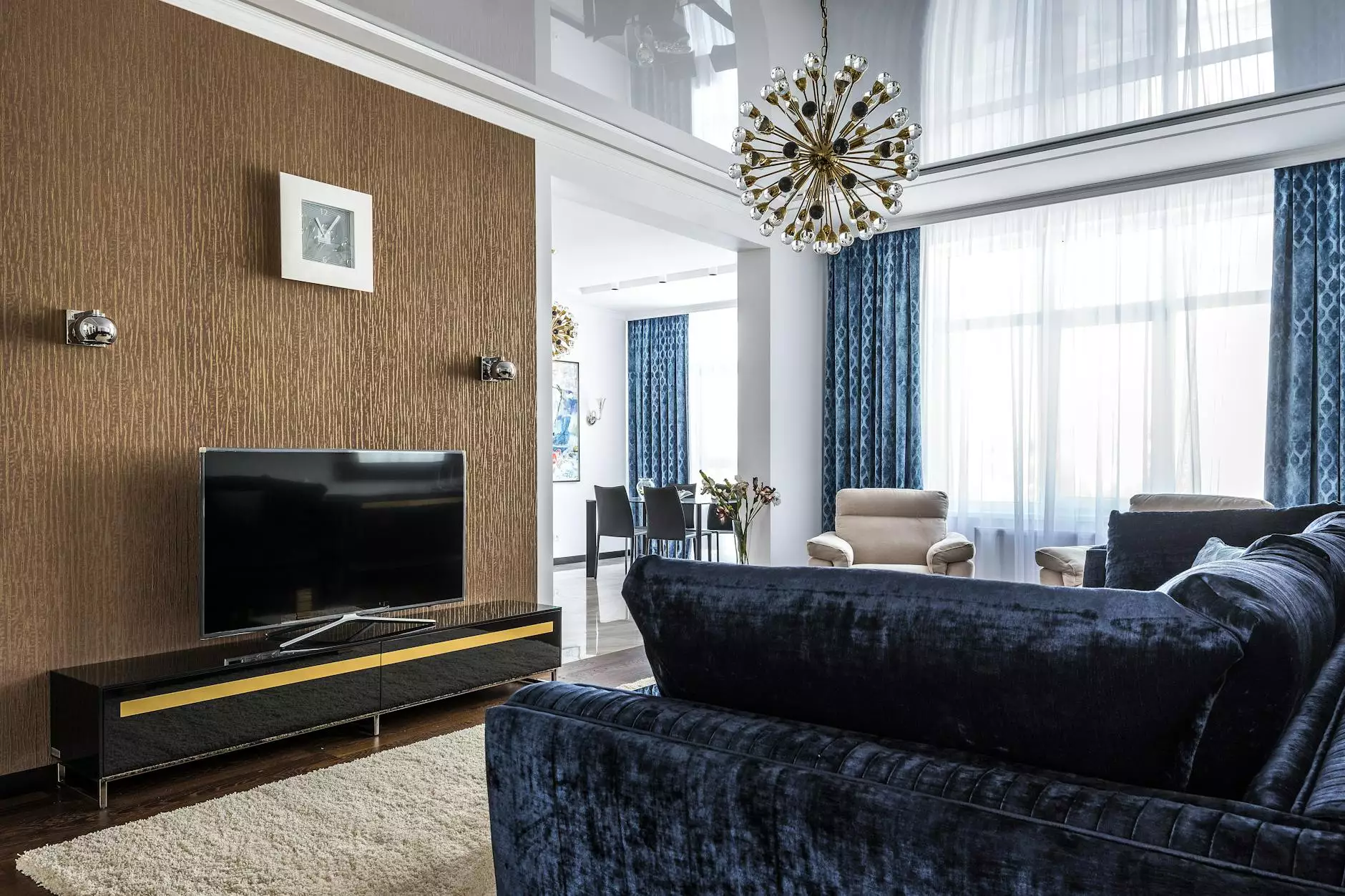Autism and Sleep Issues

Understanding the Impact of Sleep Issues on Autism
Sleep problems are a challenging aspect of autism that many individuals and their families face. Research suggests that individuals with autism are more prone to experiencing sleep difficulties compared to the general population.
It is essential to recognize the significance of addressing sleep issues in individuals with autism as proper sleep plays a vital role in overall well-being and daily functioning. In this comprehensive guide, Festivals Bazar aims to provide valuable insights into the connection between autism and sleep issues, along with strategies and products to improve sleep quality.
Common Sleep Problems in Autism
Individuals with autism often experience a range of sleep-related challenges, such as:
- Delayed Sleep Onset: Many individuals with autism struggle with falling asleep at a reasonable bedtime, often leading to reduced sleep durations.
- Frequent Night Awakenings: Disruptions in sleep patterns, including frequent awakenings throughout the night, can result in insufficient rest.
- Irregular Sleep Cycles: Some individuals may have irregular sleep-wake cycles, making it challenging to establish consistency in sleep patterns.
- Restless Sleep: Restlessness during sleep, including tossing and turning, may contribute to poor sleep quality and daytime fatigue.
- Sleep Disordered Breathing: Sleep-related disorders like sleep apnea and snoring can worsen sleep quality in individuals with autism.
Impact of Sleep Issues on Autism
The connection between sleep issues and autism goes beyond a mere inconvenience. Poor sleep can have a substantial impact on various aspects of an individual's life:
- Cognitive Function: Inadequate sleep can affect cognitive abilities, including attention, memory, and learning, potentially hindering academic and developmental progress.
- Behavioral Challenges: Sleep problems can lead to an increase in challenging behaviors, such as irritability, hyperactivity, and self-stimulatory actions.
- Emotional Well-being: Sleep deprivation may contribute to heightened anxiety, mood swings, and difficulty regulating emotions in individuals with autism.
- Health and Immunity: Chronic sleep issues can weaken the immune system, making individuals more susceptible to illnesses and impacting overall health.
Strategies to Improve Sleep Quality in Autism
While addressing sleep issues in individuals with autism can be complex, implementing appropriate strategies can significantly improve sleep quality. Consider the following tips:
Create a Consistent Sleep Routine
Establishing a regular bedtime routine helps individuals with autism prepare for sleep. Consistency is key, so develop a schedule that incorporates calming activities and signals the transition to sleep.
Create a Comfortable Sleep Environment
Ensure the sleep environment is conducive to quality rest. Consider factors such as room temperature, lighting, and the use of sensory-friendly bedding and sleepwear.
Promote Relaxation before Bedtime
Encourage relaxation techniques before bedtime to help individuals with autism wind down. This can include activities such as reading, listening to calming music, or practicing deep breathing exercises.
Simplify the Bedroom Space
Minimize distractions in the bedroom by creating a decluttered space. Reduce visual stimuli, limit electronic devices, and consider using blackout curtains or noise machines to promote a serene sleep environment.
Establish Clear Sleep and Wake Cues
Using visual schedules or alarms can help individuals with autism understand when it is time to sleep and wake up. This provides predictability and assists in regulating sleep-wake cycles.
Recommended Products for Sleep Improvement
Festivals Bazar offers a wide range of products specially designed to support individuals with autism in their journey towards better sleep. Explore our carefully curated collection, including:
- Sensory Bedtime Toys: Soft, tactile toys that provide comfort and help with self-soothing.
- Sleepwear and Bedding: Sensory-friendly sleepwear and bedding options that promote optimal sleep conditions.
- Sleep Accessories: White noise machines, weighted blankets, and sleep masks that aid in relaxation and sleep quality.
- Night Lights: Calming night lights that provide a gentle glow without stimulating the senses.
- Relaxation Aid Tools: Tools such as fidget spinners, stress balls, and calming essential oils that encourage relaxation before bed.
Visit Festivals Bazar today to discover our full range of products designed to enhance sleep quality in individuals with autism.
Conclusion
Navigating sleep issues in individuals with autism can present unique challenges, but with the right strategies and support, meaningful improvements to sleep quality can be achieved. By understanding the connection between autism and sleep issues, implementing effective strategies, and utilizing specialized products, individuals with autism can experience improved overall well-being and a better quality of life.









